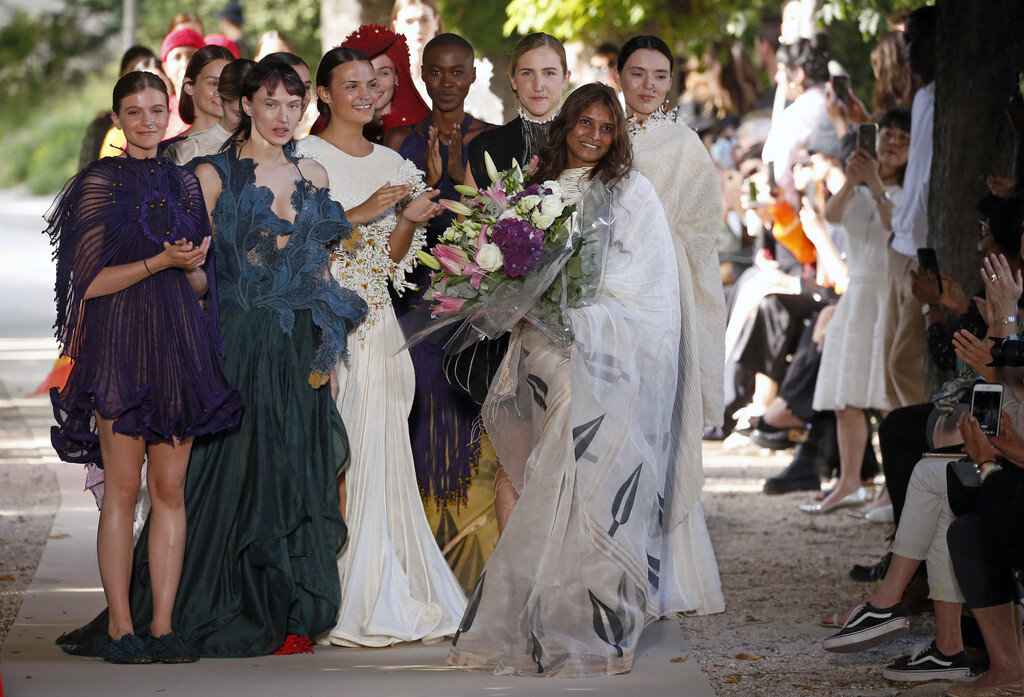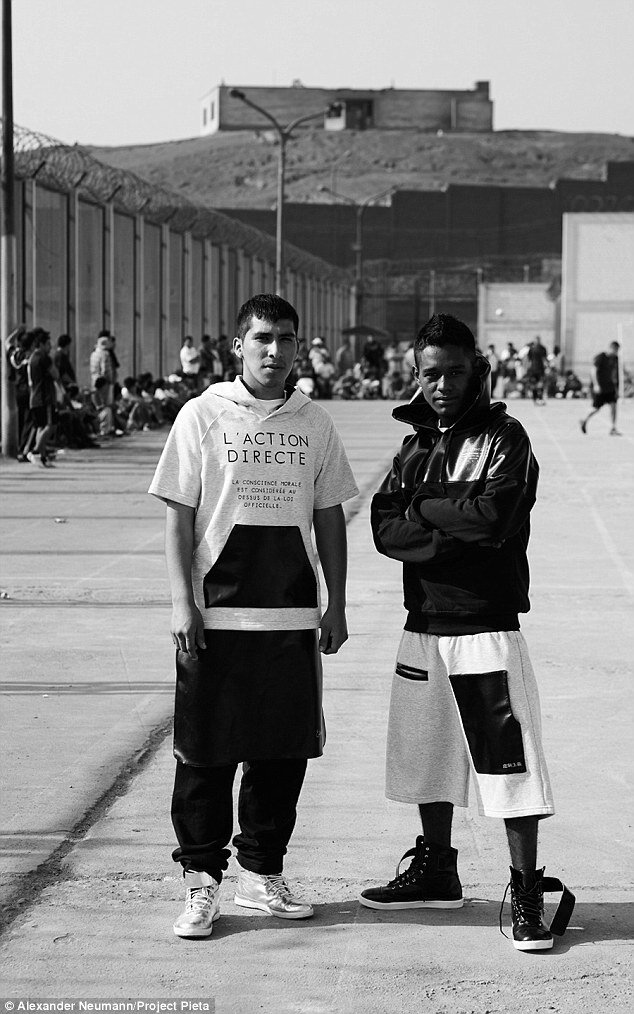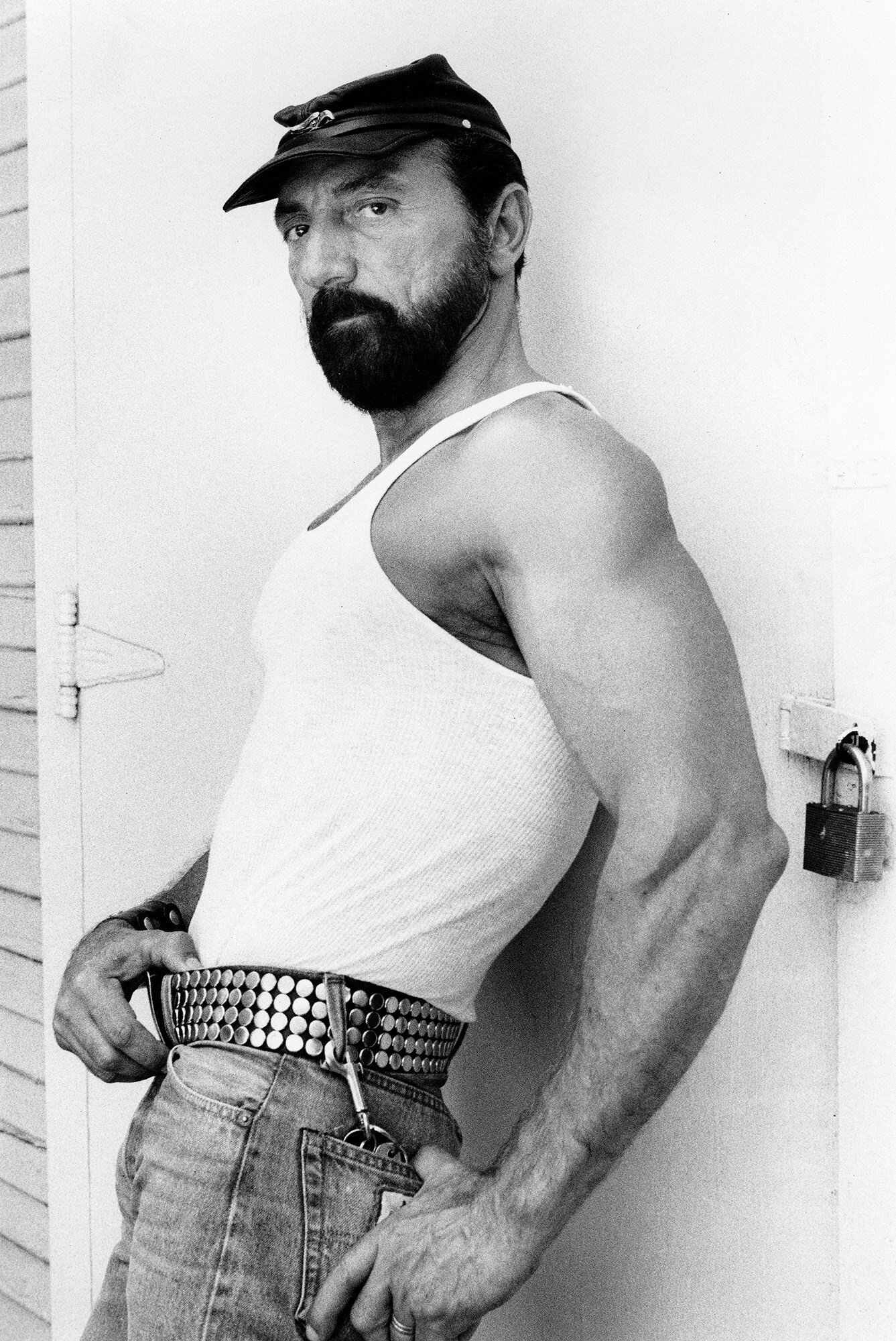Greta Thunberg, Vogue & The Climate Emergency
In a collaboration with Vogue Scandinavia, Greta Thunberg has spoken out against the fashion industry, condemning the actions of fast fashion companies and their disposable production lines. Thunberg believes that these behaviours directly result in climate change, as they have a huge negative impact on the deterioration of our planet.
“Fashion brands need to take responsibility for the environmental impact of their products,” Greta says in an interview with Vogue. Calling for a systemic change in the fast fashion industry, she accuses companies on Twitter of green-washing ad campaigns designed to make their clothes more sustainable: “Fast-fashion could not be mass produced and consumed sustainably as the world is shaped today.”
On the United Nations forum, the fashion industry is labelled to be one of the largest polluters of water globally, with a pair of jeans costing the planet around 2,000 gallons of water to make. The industry also produces 2-8% of global carbon emissions: every second, the equivalent of one garbage truck of textiles is dropped in a landfill or burnt - this is more than the emissions of all international flights and maritime shipping combined. Cotton farming in particular is responsible for 24% of insecticides and 11% of pesticides despite using only 3% of the world’s arable land, and by 2050, the fashion industry will use up a quarter of the world’s carbon budget.
Greta Thunberg is leading the conversation on systemic change in fast fashion, as the fast fashion model is clearly unsustainable and poisoning the planet. According to Research and Markets, fast fashion industry statistics projected that the global fast fashion market would decline to around $31.4 billion in 2020. “In 2019, the global fast fashion market worth was estimated at around $35.8 billion.” Its value was therefore expected to decline at a CAGR of -12.32%. Fast fashion companies are blaming the pandemic for this drastic decline in revenue, as a quick attempt to shun the impact made by activists like Thunberg. Combatting the general consensus that fast fashion has become a platform for disposable products, Boohoo CEO John Lyttle has spoken out on BBC Radio 5 Live’s Wake Up to Money podcast (fitting), stating that data does not suggest that the average customer is buying items for one-time usage, and that they don’t produce “throwaway” pieces: “I look across all of our brands and I look at the number of items and the average number of times a year that somebody buys, we don’t see that as a throwaway.” Lyttle owns Boohoo, Boohoo Man, Prettylittlething, NastyGal, MissPap, Coast, Karen Millen, Dorothy Perkins, Warehouse, Oasis, Wallis, Burton, and Debenhams. He continues, “sometimes fast fashion is seen as an ‘I buy it, I wear it once and then I throw it away.’ Certainly, from the data that we have, we wouldn’t correlate with that. As a business, it’s for us to adapt and make sure that we are doing everything we possibly can to make the best product for the consumer, but equally to think about the life cycle of that product.”
Clean Clothes Campaign, an alliance of unions working to improve labour conditions in the garment industry, has rebuked his pledge, arguing that fast fashion is “inherently unsustainable”, and adding to the sentiment that it isn’t the products that are the problem, but the industry as a whole.
Thunberg continues to discuss the environmental issues with fashion companies, arguing that many brands promote solutions which only appear to address the problem. Green washing has become a staple in many fast fashion marketing strategies, making very beautiful green adverts for products made of new plastics.
According to the Changing Markets Foundation, the ‘Synthetics Anonymous’ report deduces that 60% of sustainability claims by fashion giants are actually green washing. This report assesses brands on their sustainability claims across the spheres of fast fashion, luxury fashion, and online retailing. Those analysed include Asos, Boohoo, Forever 21, George at Asda, Gucci, H&M, Louis Vuitton, Marks & Spencer, Uniqlo, Walmart, Zalando, and Zara. The CMA’s guidelines cover accuracy, the avoidance of ambiguity, not hiding or omitting important information, enabling comparison between products, covering impacts across the product life-cycle, and ensuring claims can be substantiated. H&M did the worst, with 96% of claims flouting the CMA guidelines, followed by Asos, with 89%, and M&S, with 88% of claims failing to measure up respectively. H&M’s Conscious collection actually contained more synthetic materials than its main collection.
Greta Thunberg’s interview is no surprise to us all, especially with the conversation surrounding oil being as political as fashion. We can all agree that the fashion industry has a long way to go, with fast fashion being the first and most fundamental issue that needs changing. Production lines that feed off the placebo effect of a ‘bargain’ have influenced the public into thinking that clothing should cost a ridiculously low price, with poorer communities and individuals on the poverty line being targeted as scapegoats for the fashion giant culprits. Activists like Greta Thunberg are fundamental in holding these corporations accountable, but most importantly, in also helping to change the mindset that fashion should cost little to nothing. Your wallet is a political tool that can change the terrain of fashion - too many individuals are buying for the sake of wearing something new, a dangerous cycle that feeds into these damaging production lines. The fashion industry is a huge contributor to the climate emergency, not to mention its impact on the countless workers and communities that are being exploited around the world in order for a select few to enjoy the disposable fruits of their labour. Together, we can change the terrain of fashion and make a better future.












In the wake of England’s UEFA loss against Italy, and the racist attacks on players that followed, MATERIAL reconsiders the history of the ‘three lions’ and its problematic connotations.